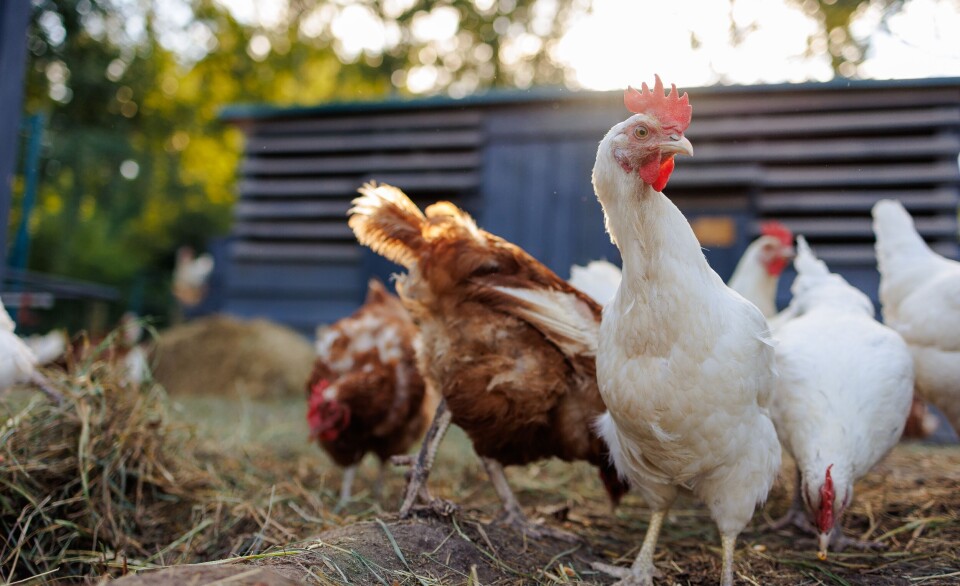-
Map: See how February rainfall compares to average in your French department
More than 30 departments classified as showing ‘extremely high’ levels of rainfall
-
A mayor in France expresses support for British woman expulsed over 'low income'
Briton ordered to leave the country after her small business failed to generate enough income in its first year
-
Pont Neuf in Paris to be transformed into the world’s largest immersive artwork
Visitors will be able to walk through the temporary installation as they cross the Seine
Pfizer Covid jab can be stored in fridge for a month - EU regulator
Previously, recommendations stated it should be stored in normal fridge conditions for only five days after defrosting

The EU’s European Medicines Agency has stated that Pfizer-BioNTech’s Covid-19 vaccine can now be stored for 31 days in normal fridge conditions after defrosting, rather than the previously recommended five days.
The EMA stated: “Increased flexibility in the storage and handling of the vaccine is expected to have a significant impact on planning and logistics of vaccine roll-out in EU Member States”.
The Pfizer-BioNTech is currently only being used in vaccination centres in France.
French pharmacy union USPO has been asking the government for weeks to allow Pfizer-BioNTech’s vaccine to be used in pharmacies.
Earlier this month, Moderna’s Covid-19, based on similar technology to Pfizer-BioNTech’s, was approved for use in pharmacies. It will begin being administered to patients on May 28.
Covid France: Moderna vaccine available at pharmacies from May 28
The Moderna vaccine can be stored in normal fridge conditions (between 2C and 8C) for 30 days after it is defrosted.
The AstraZeneca vaccine can be stored and transported in normal fridges for around six months.
France is currently administering the AstraZeneca and Johnson & Johnson vaccines in pharmacies, GP practices and other special clinics.
Read more:
Covid France: Vaccines work against Indian variant, early study finds
Covid France: 'We are not yet safe from fourth wave' says specialist
























